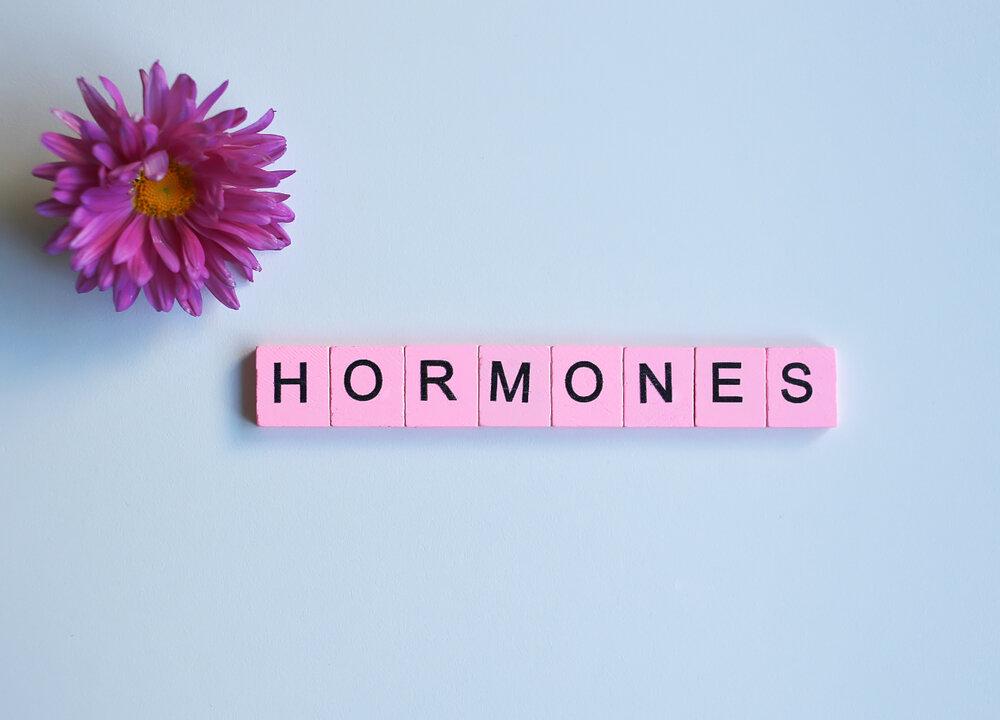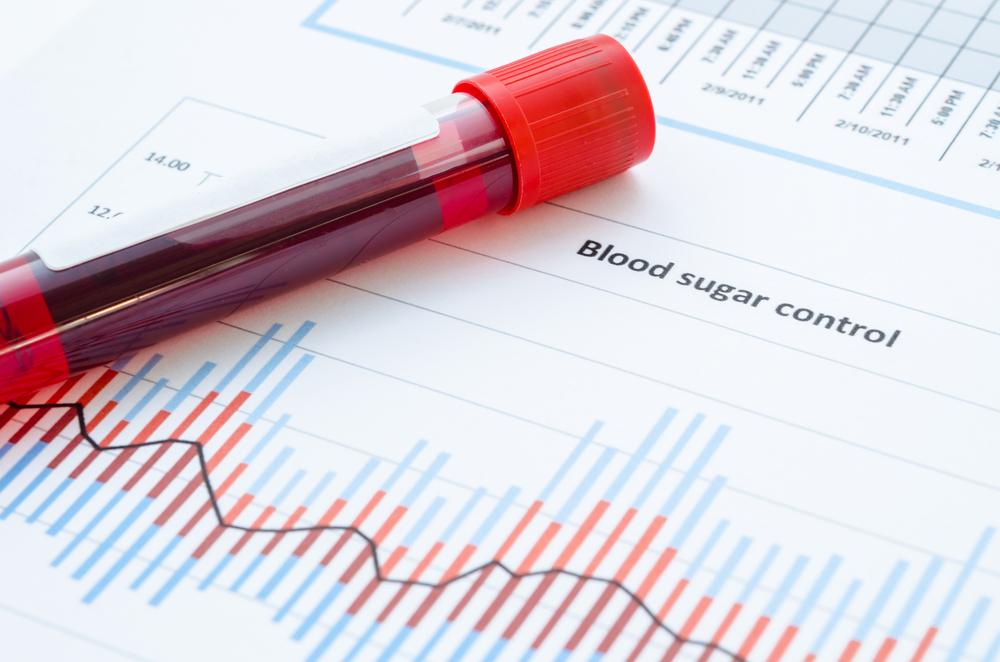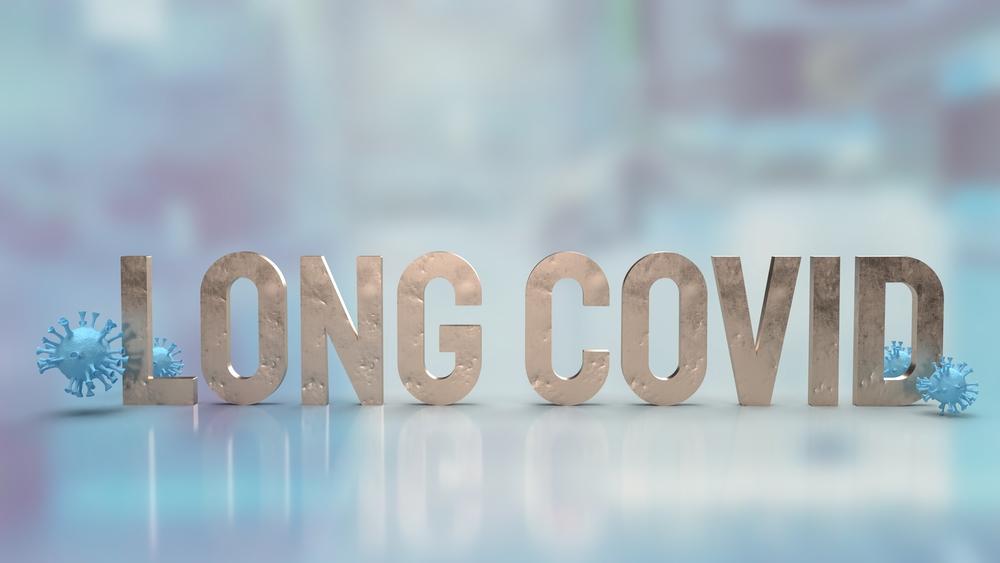1. Pace Yourself
If you’re an energizer bunny but feel like your batteries are wearing out by noontime, you might not be pacing yourself. Instead of burning through your energy in the first two hours of the day, consider stretching your list throughout the day. Make a list of AM and PM tasks and work through them at a realistic pace – with rest and meals (meals rich in nutrients, not just food) in-between to keep your blood glucose and mental energy in an optimal range. In addition, consider eliminating things that you do not have to do.2. Walk vs. Nap
We often feel tired because of a lack of oxygen to our cells, therefore the first move to make whenever you are tired is to get up and MOVE. If you have low energy, physically and mentally, but slept enough hours the night before – it would serve you well to take a power walk! Put your shoes on and head outside. You do not need a plan, just head out and start your walk in any direction for 20 minutes. This will help work the largest muscles in your body and send oxygen-saturated blood to your brain that will wake you up instantly.If you’ve been sitting in one place for more than two hours, expect your energy to dive. Research shows that sitting for long periods, can lower your metabolism and reduce blood flow to the largest muscles by 30% – leaving us feeling like slugs. Our bodies are not built to sit for hours – it will lead to fatigue, brain fog, back pain, and obesity. Move frequently with intermittent stretches to wake up your body.





